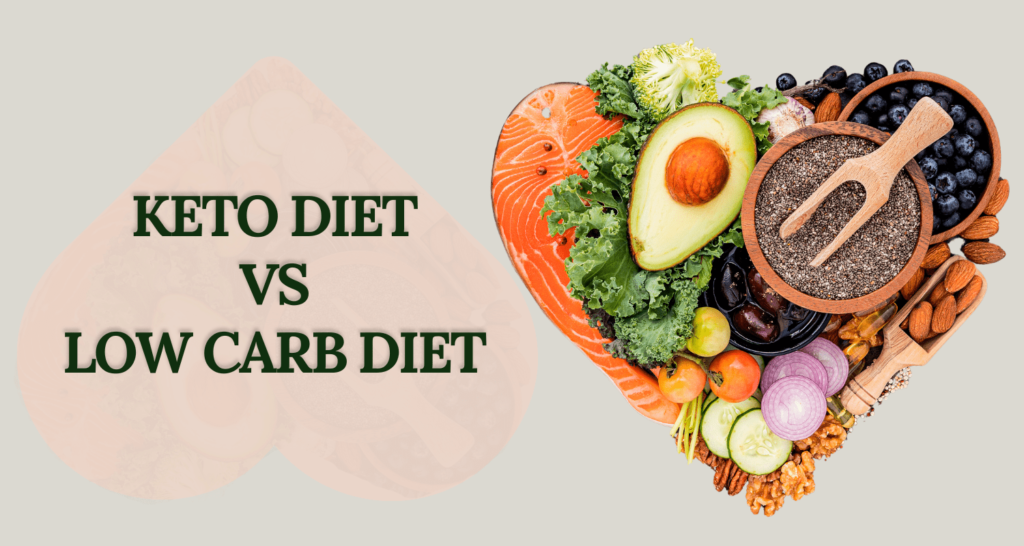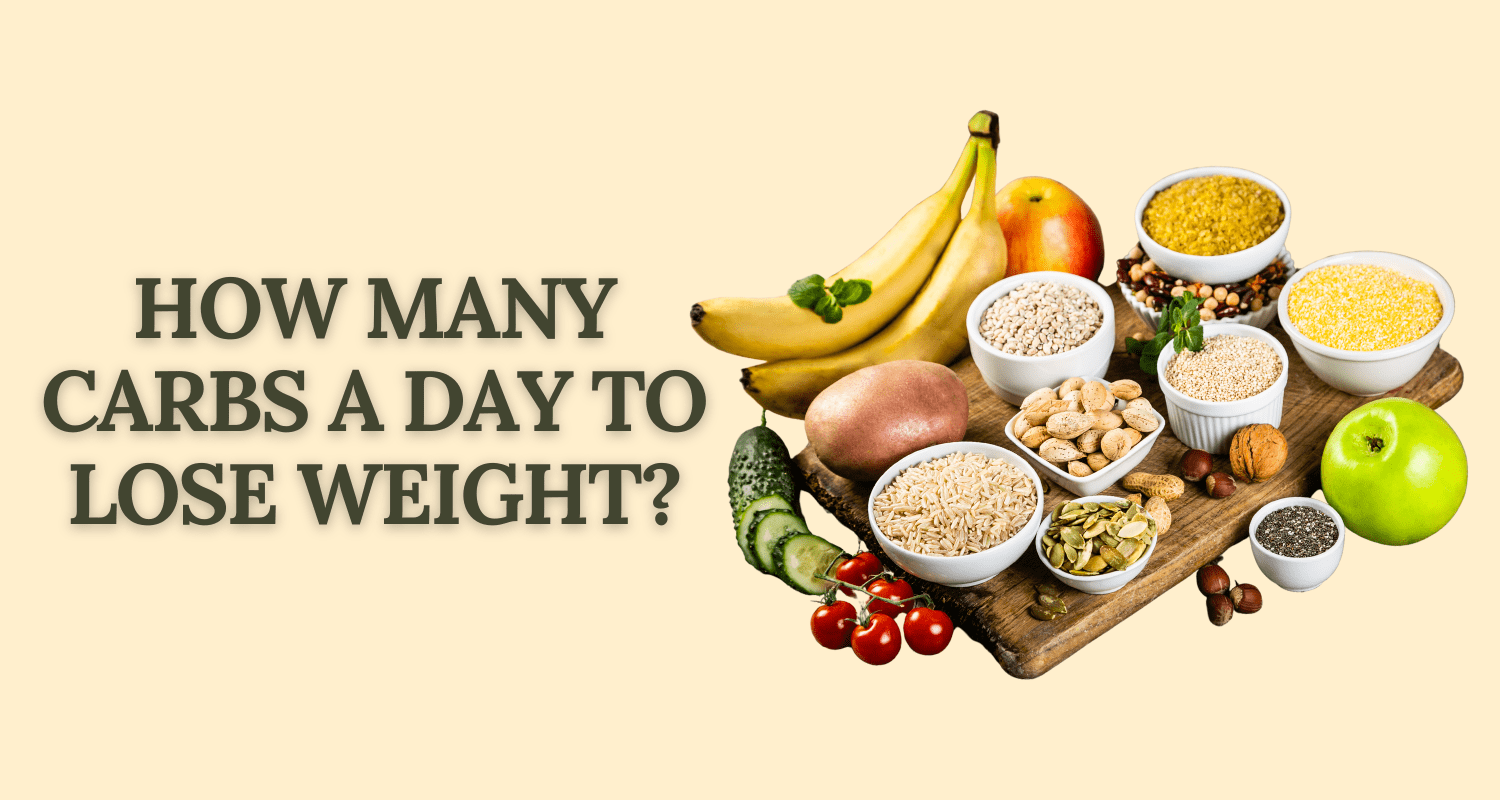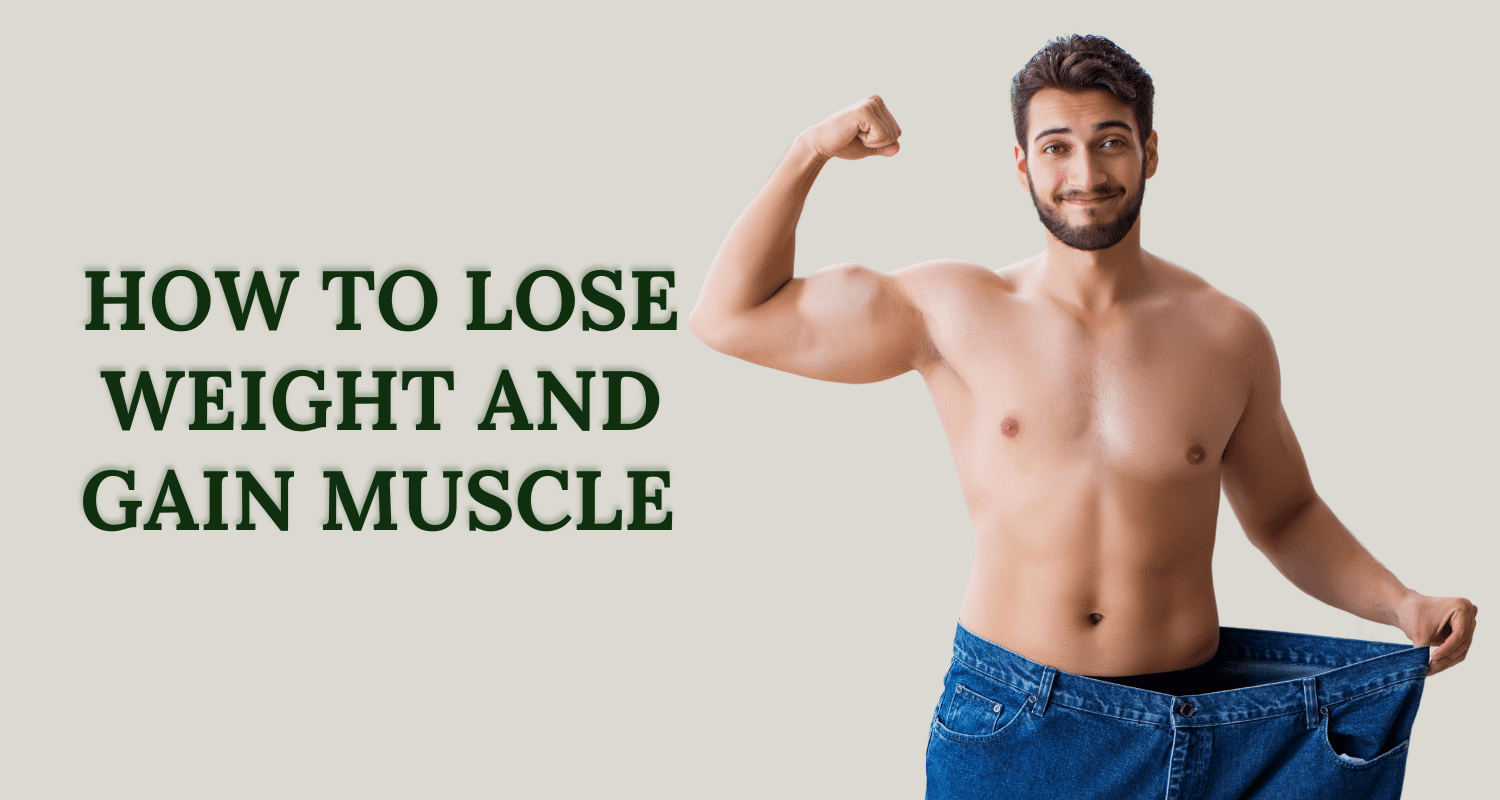The low carb diet and the keto diet are both popular for weight loss and health. Though the low carb diet vs keto diet seem similar, they have big differences.
In this article, we’ll explore the key differences between low carb diet vs ketogenic diet and understand which is better low carb diet or keto.
Many people are curious about these two approaches to eating, which both focus on reducing carbohydrate intake.
Understanding low carb diet vs keto diet differences can help you make informed choices about which diet might be best for your health goals.
So, let’s dive in and uncover what sets low carb diet vs keto diet apart!
Key Takeaways:
- The keto diet aims to induce ketosis by severely restricting carbohydrate intake.
- A low carb diet focuses on reducing carb intake but does not necessarily aim for ketosis.
- The macronutrient ratios and levels of carbohydrate restriction differ greatly between low carb vs keto for weight loss.
- The choice between the low carb diet vs keto diet depends on individual goals, preferences, and health conditions.
- Consulting with a healthcare professional or registered dietitian is essential before starting any new diet plan.
Understanding the Keto Diet
The keto diet, also known as the ketogenic diet, is a low-carb, high-fat dietary plan.
Its purpose is to make the body enter ketosis. This means fat turns into the primary energy source, not glucose.
This diet usually means 70% of your daily calories come from fat. Protein provides 20% and carbohydrates only 10%.
Cutting down on carbs greatly, your body starts ketosis. In this state, your liver makes ketones from fat to use as energy.
The keto diet can be great for losing weight. Without carbs, your body burns its fat, which can reduce weight. Besides weight loss, it might help with diabetes and heart health.
However, we need more research to understand long-term impacts.
The Ketogenic Diet for Weight Loss
Many choose the keto diet to lose weight. It helps burn fat efficiently when in ketosis, often leading to weight loss.
Results can vary, and the diet may not fit everyone.
Starters should know that the keto diet needs detailed meal planning and nutrient tracking.
Keeping up with fat, protein, and carb ratios is key to staying in ketosis. Consulting a professional is wise to avoid risks like nutrient shortages.
Tips for Keto Beginners
Starting the keto diet? Here are several helpful tips:
- Focus on high-quality fats like avocados, nuts, and seeds.
- Get your protein from lean meats, poultry, and fish.
- Avoid high-carb foods like grains and sugary snacks.
- Keep track of your daily carb intake to stay within limits.
- Drink lots of water to help your metabolism.
- Give your body time to adjust to this new diet.
Remember, the keto diet isn’t for everybody. Listen to your body and adjust if needed. For personal advice, talk to a healthcare expert or a dietitian.
Exploring the Low Carb Diet
A low carb diet emphasizes reducing carb intake to lose weight. It also cuts down on carb-based energy. It’s similar to the keto diet but doesn’t strictly aim for ketosis.
A typical low carb diet involves eating 50-150 grams of carbs daily. Protein and fat make up the rest of the diet.
Both diets avoid refined sugars and processed foods. This enhances health and well-being.
The low carb diet allows more carbs than the keto diet. This makes it easier and more sustainable for many people.
Benefits of a Low Carb Diet
- Weight loss: Lowering carbs can cut overall calorie intake. This helps with weight loss.
- Improved blood sugar control: A low carb diet stabilizes blood sugar. It’s good for those with diabetes or insulin resistance.
- Reduced cravings: Avoiding refined sugars cuts cravings. It leads to better eating habits.
- Enhanced satiety: Focusing on protein and fats keeps you full. This prevents overeating.
- Heart health: Less carbs improve blood pressure and cholesterol. This reduces heart disease risks.
The keto diet can lead to faster weight loss and ketosis. Yet, the low carb diet is better for long-term success.
Always talk to a healthcare professional before changing your diet. They can offer tailored advice to fit your needs and goals.
Key Differences Between Low Carb Diet Vs Keto
The low carb diet and the keto diet differ mainly in their carb limits and fat and protein focus. It’s crucial to grasp these differences to choose the right plan for you.
Low carb diets allow 50 to 150 grams of carbs daily. Keto goes lower, restricting carbs to 50 grams or less.
Another key difference is in fat and protein intake. Keto emphasizes fat, making up about 70% of daily calories. Low carb diets might focus more on protein instead.
These variations affect weight loss, muscle build, and entering ketosis.
Weight Loss:
- Both diets can lead to weight loss.
- The keto diet’s high fat and low carb combo might speed up initial weight loss.
- Meanwhile, low carb’s moderate carb allowance could help with maintaining weight long-term.
Muscle Building:
- Protein is crucial for growing and repairing muscles.
- Low carb diets provide more protein, supporting muscle development.
- Keto, being higher in fat and lower in protein, might need extra protein focus for muscle building.
Potential for Inducing Ketosis:
- Keto’s main aim is to reach and keep a state of ketosis.
- Its strict carb limit makes entering ketosis more likely than on a low carb diet.
- Low carb diets, with higher carbs, might not always lead to ketosis. The body can still use glucose for energy.
Choosing between low carb and keto depends on personal goals, likes, and health. Both have pros and cons. Always talk to a doctor or dietitian before changing your diet.
Knowing the differences helps you pick the best diet for your health and weight loss goals.
Conclusion
Looking at the key differences between low carb diet vs keto diet, it’s clear they offer unique benefits.
To choose, think about your goals, likes, and health. Both have good points to consider. If you like more freedom and want to keep eating some carbs, a low carb diet might suit you.
It supports weight loss and boosts health, offering many food options. It’s great for beginners wanting to cut carbs in a lasting way.
For those who want a stricter plan, the keto diet could be better. It focuses on high fat and low carbs to make the body burn fat for energy.
Many have lost weight and improved their diabetes with it. It’s wise to talk to a doctor or dietitian before changing your diet.
They can tailor advice to your health aims and needs. Staying consistent and choosing a diet you can keep up with is important for weight loss and health.
FAQs
Which is better low carb diet vs keto?
Both can be effective for weight loss, but differences between low carb diet and keto include, keto is stricter, limiting carbs to induce ketosis, while a low carb diet allows for more flexibility in carb intake.
Can you lose weight doing low carb but not keto?
Yes, reducing carb intake can lead to weight loss by lowering insulin levels and promoting fat burning, even without reaching ketosis as in the keto diet.
Can you lose weight eating 50 carbs a day?
Yes, consuming 50 carbs a day can still facilitate weight loss for many people, especially if those carbs come from nutrient-dense sources like vegetables and whole grains.
Is a low carb keto diet healthy?
It can be healthy if well-planned, emphasizing whole foods and adequate nutrient intake. However, long-term sustainability and potential nutrient deficiencies should be considered.
What is the lazy keto diet?
The lazy keto diet involves focusing mainly on carb restriction while being less strict about tracking protein and fat intake, making it simpler to follow than traditional keto.
Why don’t low-carb diets work for everyone?
Low-carb diets may not work for everyone due to individual differences in metabolism, adherence, and lifestyle factors. Additionally, the quality of carb sources and overall dietary balance play significant roles.
Disclaimer: This content, including advice, provides generic information only. It is not a substitute for a qualified medical opinion. Always consult a specialist or your doctor for more information. Nutrition Cult does not claim responsibility for this information.




